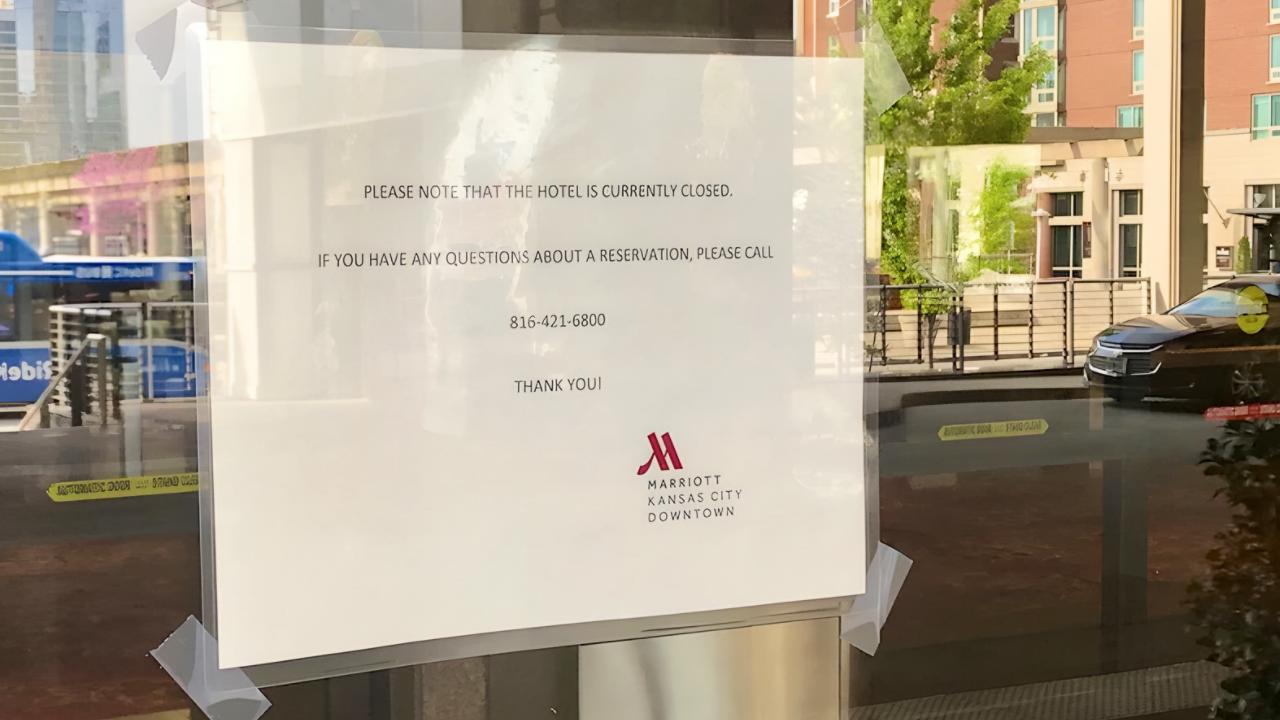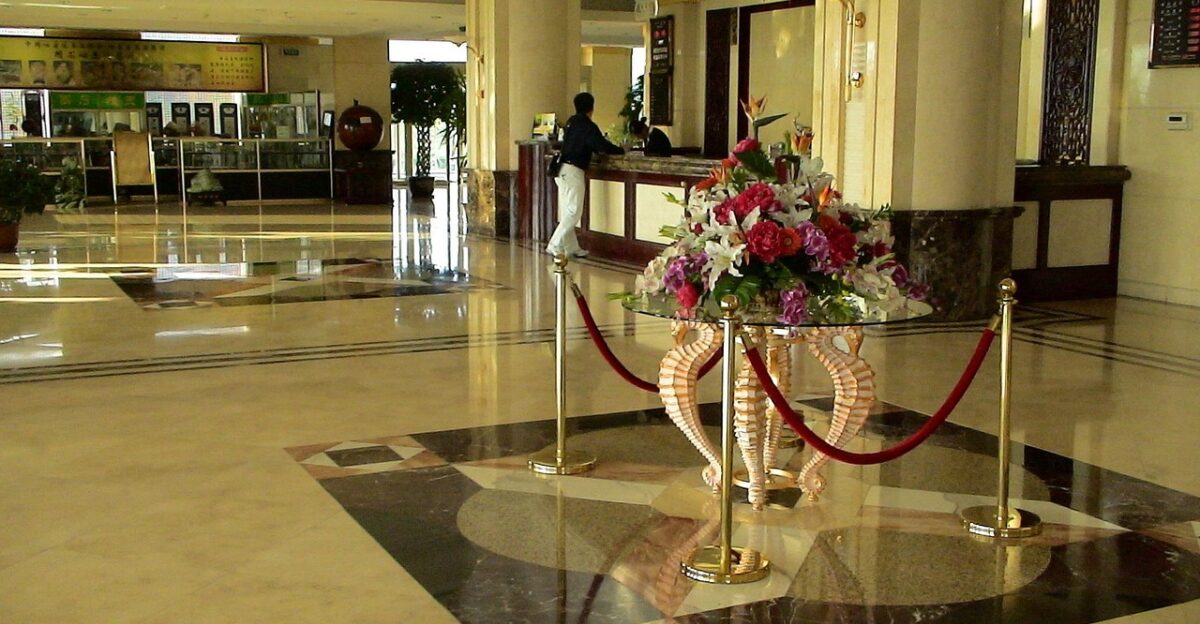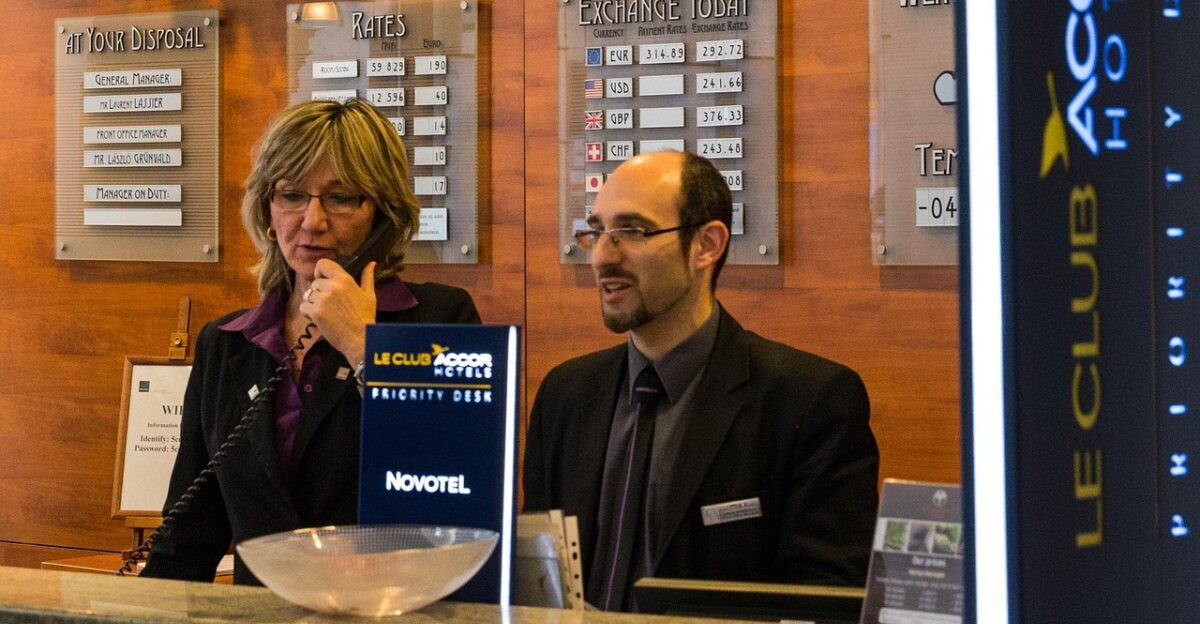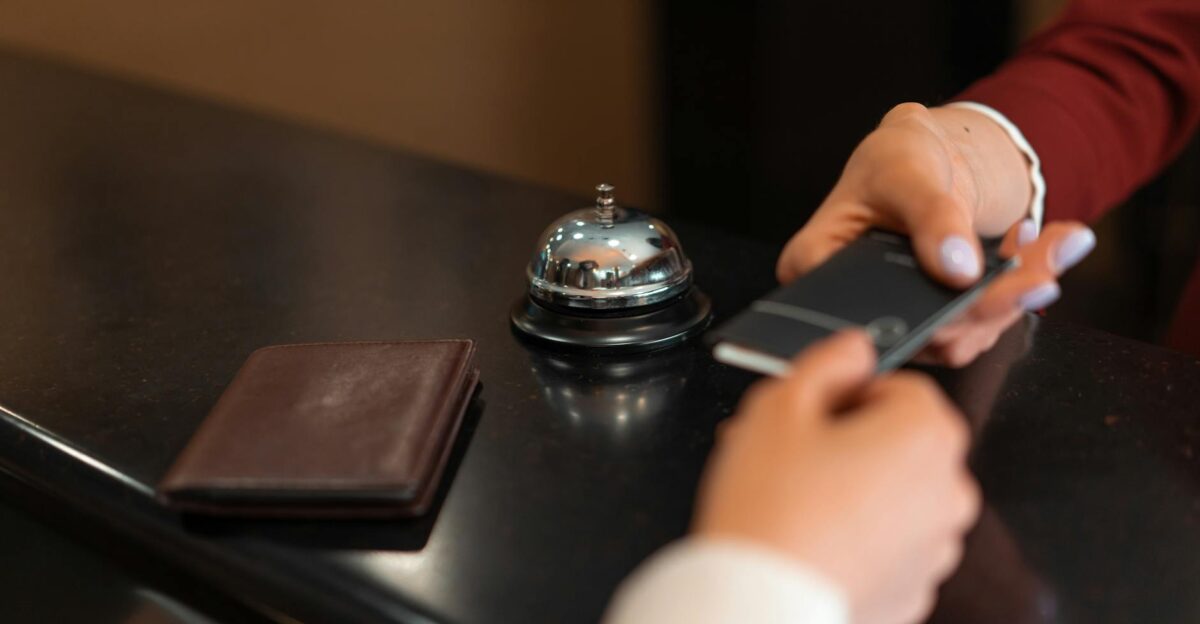
The hospitality industry was affected on November 10, 2025, when Marriott International announced the closure of nearly 10,000 hotel units across 37 cities. The closures were linked to the collapse of Sonder Holdings, a tech-driven hospitality company, which reportedly filed for Chapter 7 liquidation after Marriott ended its licensing agreement with the firm. The shutdown left many guests without accommodations and highlighted vulnerabilities in the evolving lodging sector.
Roots of a Rapid Collapse
Sonder’s collapse was attributed to ongoing technology integration challenges and financial losses. Marriott cited a breach of contract as the reason for ending its partnership with Sonder on November 9, 2025.
Sonder’s leadership indicated that liquidation was the only viable option, as the company struggled with operational and financial difficulties. Industry analysts noted the risks of fast expansion in tech-enabled hospitality models, suggesting that Sonder’s experience could serve as a caution for companies pursuing rapid growth without solid infrastructure.
Guests Left in Limbo

The impact of the shutdown was felt most by guests, many of whom had to leave their rooms with little notice. Travelers described abrupt cancellations and difficulties finding alternative accommodations, particularly for business, medical, or leisure purposes.
This confusion highlighted the logistical challenges of widespread closures and raised concerns about consumer protections. Many travelers tried to rebook with other hotels or short-term rental platforms, sometimes facing higher prices or limited options.
Corporate Fallout and Industry Response

Marriott moved quickly to remove all Sonder properties from its Bonvoy loyalty program and booking channels. Although Marriott sought to help affected guests, some reported ongoing trouble securing new rooms.
The end of the licensing partnership, which was originally intended to last 20 years, drew attention to the risks of expansive partnership models. The incident is prompting discussions on how industry leaders structure agreements and manage third-party integrations, hoping to minimize disruption in the future.
Ripple Effects Across Markets and Workforces

Sonder’s closure had consequences in both the lodging market and local economies. With close to 10,000 units unavailable, demand increased for apartment-style rentals and traditional hotels in major cities and tourist destinations. Platforms like Airbnb and local hotels noted increases in inquiries as travelers searched for solutions. Some communities that rely on tourism faced immediate effects from the reduced number of available rooms.
The closure also resulted in job losses. Hundreds of Sonder employees reportedly lost their jobs with little warning, and many lost access to company systems by 9:00 a.m. on the day of closure. Desk staff were unable to assist guests during the transition, and layoffs affected related service providers. These job losses raised concerns about employment stability in changing industries and renewed debate about labor protections during significant business disruptions.
Looking Ahead: Lessons and Uncertainties

The displacement of guests and workers has reinvigorated calls for stronger consumer and labor protections, though no specific regulatory actions have been confirmed as directly resulting from the incident. Industry conversations are now focusing on clearer emergency accommodation policies and more transparent operational frameworks. While some hotel providers and online rental platforms benefited from the increased demand, financial impacts were felt by investors and local workers.
For travelers, the event underscored the importance of booking flexibility and travel protection. Experts recommend using reliable booking channels, choosing accommodations with flexible cancellation policies, and using credit cards that offer travel protection. As the hospitality sector continues to adapt, awareness and flexibility are important for both consumers and industry members.
The collapse of the Sonder-Marriott partnership stands out as a major recent disruption in hospitality. As hotels, guests, and employees recover, the industry faces a period of evaluation and adjustment. The incident is likely to influence strategies around technology, partnership agreements, and crisis management going forward.


